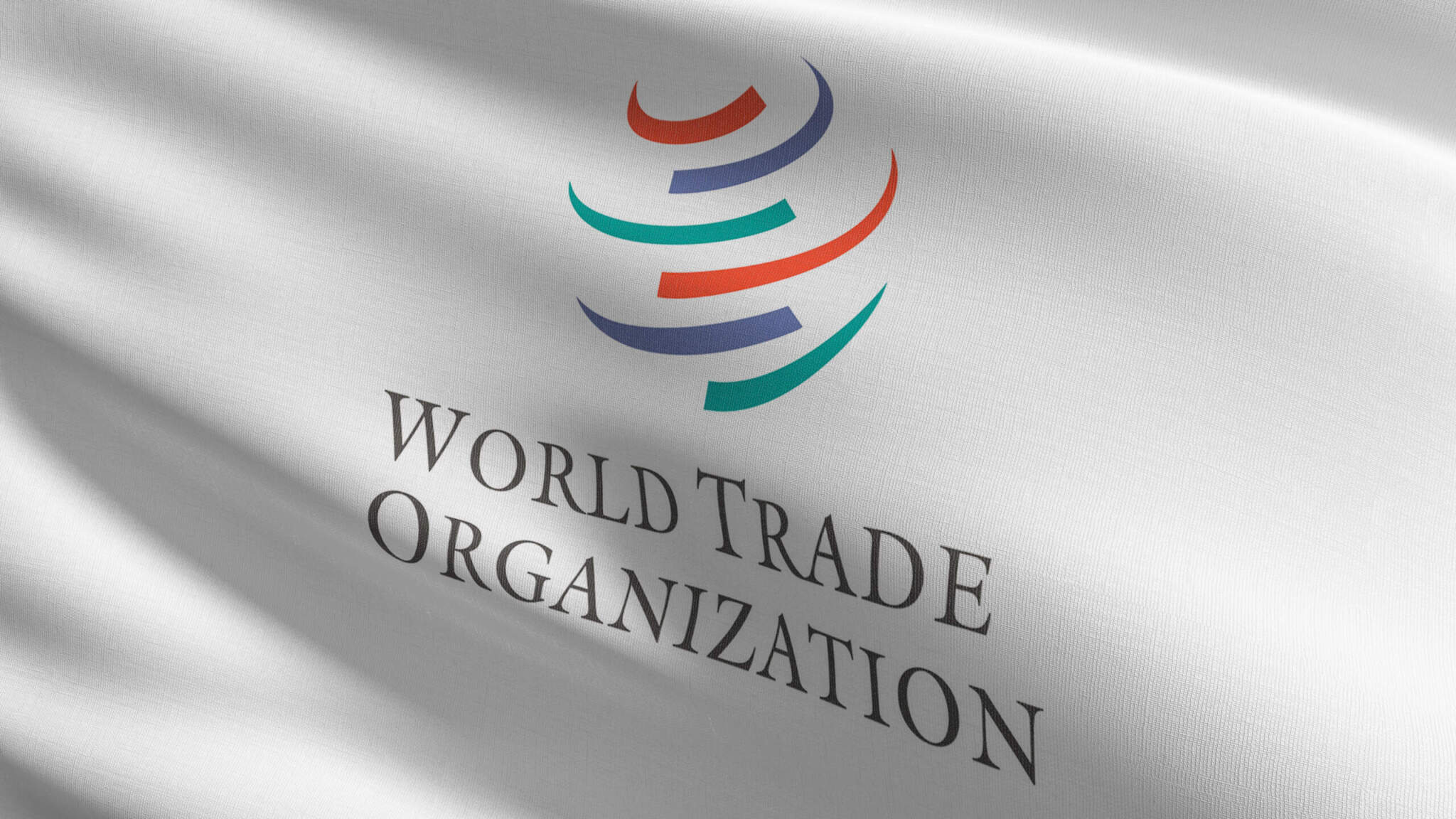Source: R-CALF USA
Billings, Mont. –Last week’s enactment of the Inflation Reduction Act signals a seismic shift from Congress’ submissive adherence to the World Trade Organization-enforced national treatment obligation – an international trade rule among WTO member countries obligating the extension of identical advantages to imported products as accorded domestic products. Consequently, Congress has been extending a $7,500 tax credit for every Made-in-China electric car imported into the United States.
But no more. The Inflation Reduction Act provides the $7,500 tax credit only for electric cars that meet certain origin conditions, including final assembly in North America. This effectively ends a significant subsidy enjoyed by electric car manufacturers under the jurisdiction of the Communist Party of China.
“Congress has purposefully signaled it will no longer blindly adhere to outdated international trade rules when such rules run counter to the best interests of the United States,” said R-CALF USA CEO Bill Bullard adding, “And Congress’ new direction should pave the way for enactment of the American Beef Labeling Act that requires mandatory country of origin labeling (MCOOL) for beef.”
Citing the same WTO-enforced national treatment obligation Congress has purposefully ignored for the electric car industry, the WTO previously ruled the United States was violating its trade obligation while MCOOL for beef was first implemented in 2009. In response to that ruling, Congress repealed MCOOL for beef in 2015.
Introduced by Senators John Thune (R-SD), Jon Tester (D-MT), Mike Rounds (R-SD) and Cory Booker (D-NJ), the American Beef Labeling Act reverses Congress’ repeal of MCOOL for beef by requiring beef to be reinstated among the various other foods currently subject to the U.S. MCOOL law, including fruits and vegetables, fish, chicken, and lamb.
Bullard said the American Beef Labeling Act embodies the same boldness for achieving the best interests of United States cattle farmers and ranchers and consumers as Congress has now accorded to the domestic supply chain for electric cars.
In a joint opinion/editorial Thune and Tester explain that their American Beef Labeling Act provides a six-month period for which to develop a WTO-compliant means of reinstating MCOOL for beef, but if such a plan is not found, then MCOOL for beef would automatically be reinstated within one year of enactment.
“We’ve found that the adverse MCOOL ruling by the WTO nearly a decade ago remains the greatest obstacle to broad congressional support for MCOOL for beef, even though this commonsense measure has broad public support.
“We fully expect its bold action taken in the Inflation Reduction Act, which reflects an acknowledgement that WTO trade rules are now outdated and inadequate, will further empower Congress to begin serving America’s interests by enacting MCOOL for beef, which will most assuredly help strengthen America’s domestic protein supply chain,” Bullard concluded.














